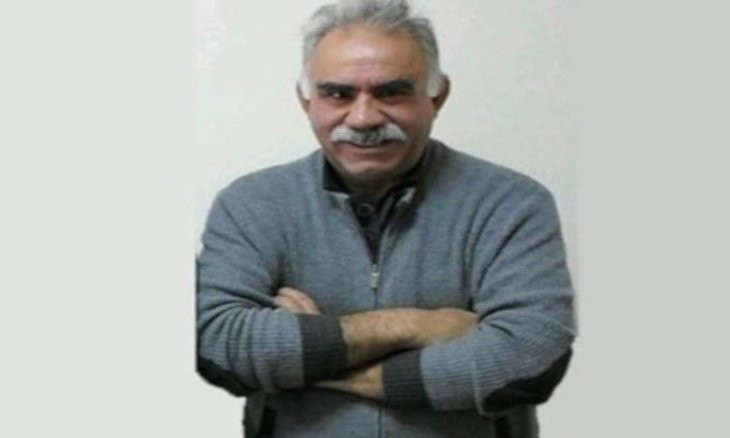Interior minister criticizes Turkey's top court for issuing rulings belonging to Norway
Interior Minister Süleyman Soylu has criticized the Constitutional Court for issuing rulings belonging to Norway and not Turkey when he was talking about the widespread operations against those determined to be sharing "provocative" social media posts. Some of the rulings issued by the Constitutional Court don't belong to Turkey, they belong to Norway," Soylu told broadcaster A Haber on March 26.
Duvar English
 Demanding PKK leader's release ‘freedom of expression,’ Constitutional Court rules
Demanding PKK leader's release ‘freedom of expression,’ Constitutional Court rulesInterior Minister Süleyman Soylu has criticized the Constitutional Court for issuing rulings belonging to Norway and not Turkey.
Soylu was commenting on the widespread operations against those determined to be sharing "provocative" social media posts when he turned to criticize the top court.
"The libertarian mindset of the Constitutional Court can step in here as usual. They can tell us, 'You can't do that.' Some of the rulings issued by the Constitutional Court don't belong to Turkey, they belong to Norway," Soylu told broadcaster A Haber on March 26.
"Plenty of rulings issued by the Constitutional Court turn our appetite for struggle upside down and drive us towards unwillingness," the minister said, adding that the top court issued a new ruling that he "rejects and criticizes," without specifying the case.
Earlier, the top court ruled for rights violations in the case into the Liberty and Solidarity Party (ÖDP) members for hanging a banner that slammed the ruling Justice and Development Party (AKP).
 Turkey's Constitutional Court rules Wikipedia ban a rights violation
Turkey's Constitutional Court rules Wikipedia ban a rights violation"Thief, murderer AKP" read the banner that was hung on the ÖDP building in the western province of Edirne on March 19, 2014 during a visit by then-Prime Minister Recep Tayyip Erdoğan to the province.
Police detained ÖDP members by using tear gas indoors and took down the banner on the same day.
Fourteen ÖDP members were sued after the incident, which resulted in their acquittals. They took the case to the Constitutional Court, which ruled for rights violations.
"A ruling party has the obligation to tolerate criticism. Individuals shouldn't be persecuted over views and thoughts that criticize a ruling party's policies, no matter how harsh they are," the court said, ruling for the violation of the freedom of expression.
The court also said that using tear gas indoors is within the scope of "acts that are incompatible with human dignity."
